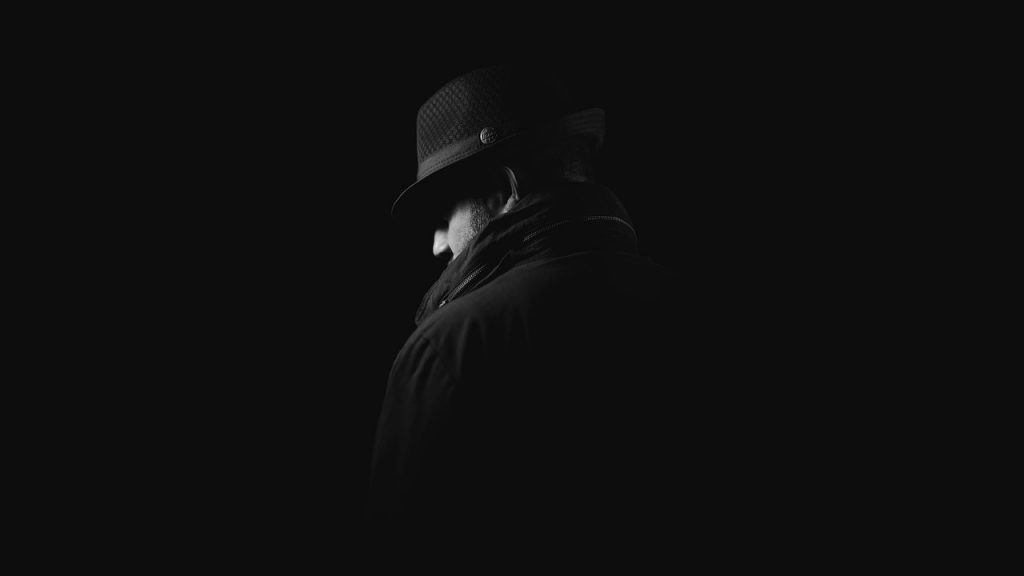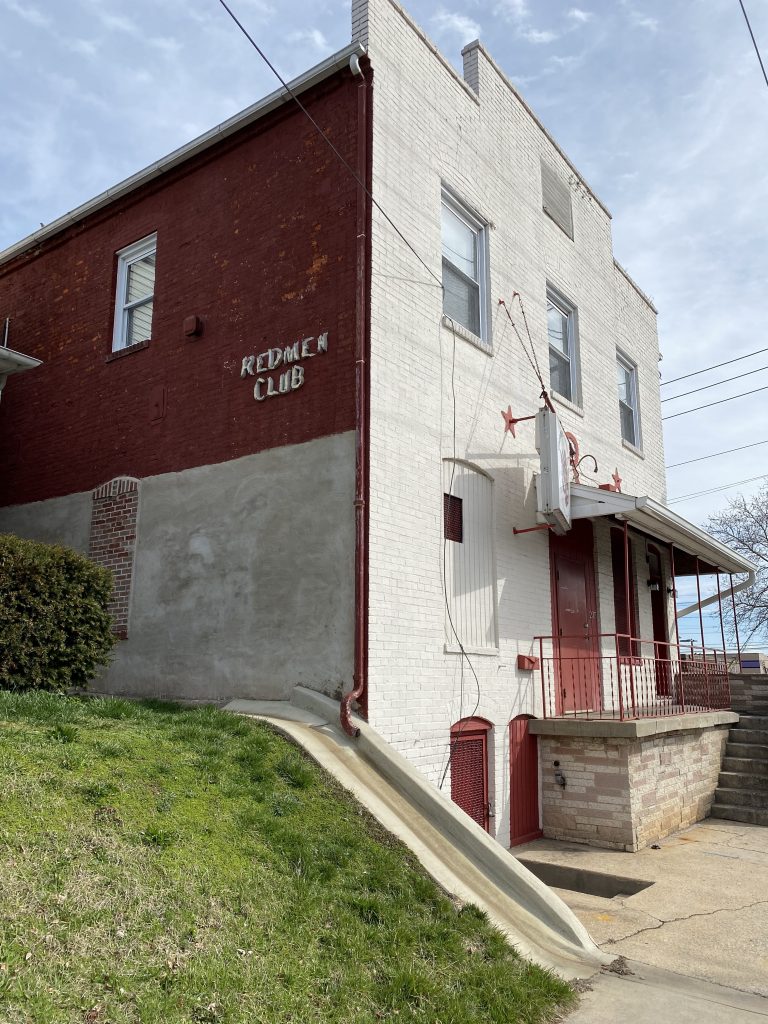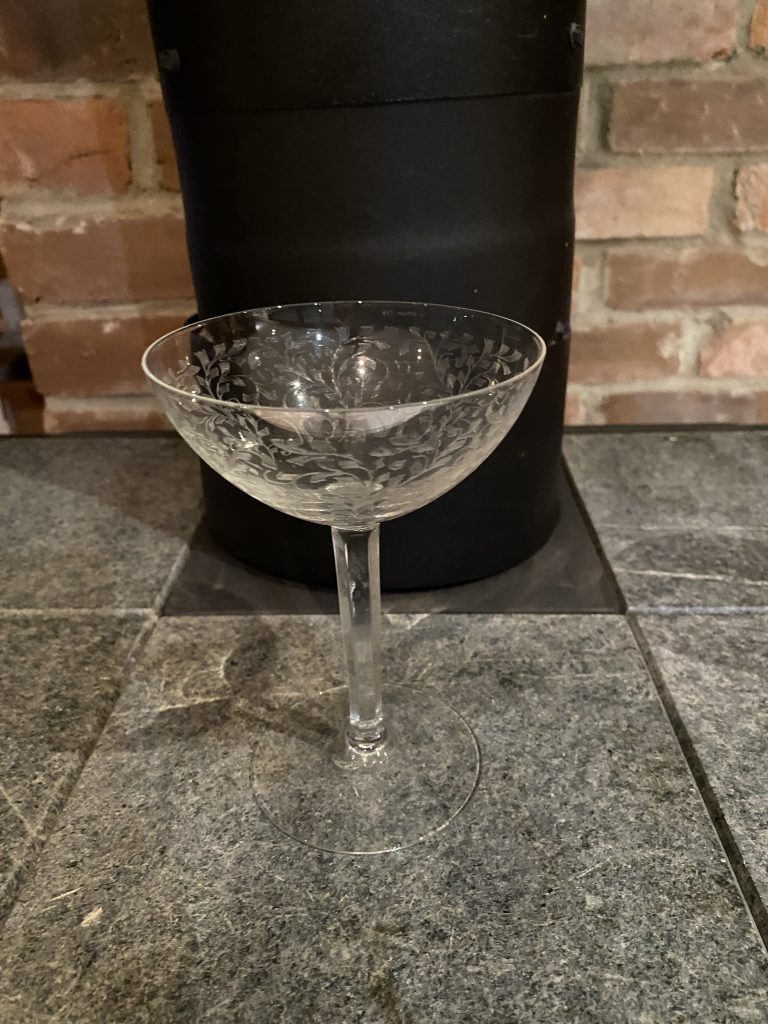I recently travelled to the historical town of Frederick, Maryland. This was not a planned trip but one that came un-expectantly. For those who are not acquainted with Frederick, it has deep historical roots, being located at crossroads between routes east to the Chesapeake Bay and west to Baltimore and Washington DC, only 24 miles away, and along a prominent north-south trail used by Indigenous populations before colonization. The town was founded in 1745 by German settlers and it’s possible that it was named after Frederick the Great, King of Prussia.

My travels to this town started with a death. I will call this person Derek because it is an good old German name. Derek worked for 41 years for the US government before taking a retirement and settling into a blue painted row house in the historic district of Frederick. None of us were exactly sure what he did for the government because he was rather vague about it. He talked about going into work at the Pentagon but he only appeared to work about 1 to 2 days a week, at best. It is possible that he made this up but there’s proof that he was getting a pay check from the government. For these reasons, I assume he might have been a spy.
He was an unlikely looking spy: he wasn’t a dashing man nor sophisticated in the way that spies are portrayed in movies. I see his profile as if in a black and white picture and slightly unfocused, torn at the edges —which perhaps would make him perfect for the job. He wore old blue jeans and cheap t-shirts, often bought at tourist locations. He tended to listen, more than talk; and when someone did manage to coax his voice from his throat, he spoke with a blue-collar cadence: of buying used items at auctions, of failed fishing trips, of eating oysters at Mardi Gras in New Orleans. Nah, I’m making this up: he wasn’t a spy.
I got the news that Derek died by falling down the stairs in his home. He was found by his boarder, a black lesbian woman fleeing a domestic violence situation and temporarily renting his extra room. He had broken the plaster at the base of the stairs from his fall. She immediately called the emergency services but it was too late. The evidence is vague, like many aspects of Derek’s life: he might have had a heart attack that started the fall or maybe the heart attack came after the fall; some assert that he may have been drinking; the stairs are narrow and steep and anyone could easily slip. A friend whispered that it was suspicious: he wasn’t sleeping in his upstairs bedroom which had become overly cluttered and instead had taken to sleeping on the couch. What was he doing upstairs that day? Were we going to ask for an autopsy, inquired the neighbour who I suspect, may have watch too many CSI episodes.
Derek spend most of his time at a nearby private social club associated with the “Improved Order of Red Men.” This fraternity dates back to 1765 and has its origins from the “Sons of Liberty.” Back in the day, members concealed their identities and organized an “underground” network to promote Liberty and Freedom and to push back the tyranny of the English crown in the early colony history of the US. In a bizarre twist, they decided to pattern themselves after the Iroquois Confederacy using their terminology, such as “Tribal Councils” as part of their governing structure. The whole concept is unsettling now and I couldn’t decided if this is cultural appropriation or some weird sub-chapter in history that no one talks about. And yeah, I am not making this up.

Making my way into the club, via the back door because apparently everyone enters by the backdoor, I am struck that this a setting for a story. There’s an long bar crowded with patrons. Dart boards are mounted along one wall and there’s a pool table in one corner. The windows are all boarded up so you can’t tell what time of day it is while inside. It smells of fried chicken, beer but also of lemon polish and there’s a whiff of something else, elusive. Like stepping into an old church or graveyard; it smells of secrets.
A tall brown man, wearing a pressed white shirt and looking cleaner than many of the other patrons, comes over to me. I learn from him that this building has even more interesting roots: originally the brick building was constructed in the early 1900s by a black man, James D. Robinson. He was a professional baseball player, who played as a pitcher in the early segregated black leagues in the l890s. He quit baseball and bought the property and built — wait for it — the Academy of Amusement. What an amazing name. It conjures up something from a horror film but was in actual fact, a place for entertainment for the black community: it contained a segregated skating rink and dance hall. It might have also had a bowling lane at one time. About fifty years ago, it was sold to the Redmen’s private social club. No wonder this place has a distinct feel. There’s secrets in these old wooden floor boards and if walls could whispers, there’s stories here.
I look around while sipping my unsweetened ice-tea, trying to image where the skating rink would have been. Another person suggests that it was located in the basement; another tells me that it wasn’t an actual ice skating rink, rather a roller-blade rink, which makes a little more sense.

We spend the following week excavating secrets from Derek’s house, pulling out old letters, mystery pictures of people we don’t recognize and a handful of European coins although none of us can recall Derek travelling overseas. One box is clearly labelled in bold black pen: “Derek’s Wine Glasses”. Inside is a set of 10 crystal wide-mouth champagne style glasses, etched with a delicate flower pattern. Checking online, they were likely made in the 1950s. In contrast, his kitchen contains only beer and plastic cups, the kind that are usually only intended for a single use but Derek has washed and stacked in the cupboards; and in the freezer, a small half empty bottle of spiced rum. We puzzled over these crystal glasses, trying to imagine Derek drinking wine along the bank of a French river. Maybe he was a spy after all.
I am stuck how a location can inspire a story. There’s stories everywhere, nestled into set of crystal glasses, tucked in a private social club, buried in an otherwise, unremarkable house lived in by a man who may or may not have been a spy.
If you’re looking for inspiration, take a journey through your town and find a building, a house, a park, a shed — there’s a story hidden there if you willing to look close enough.